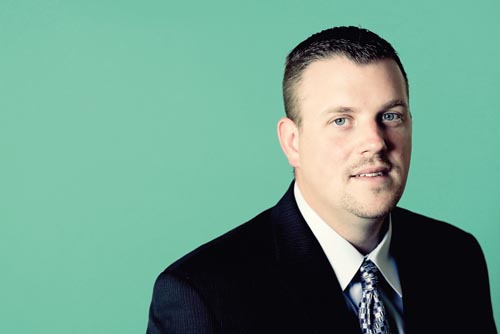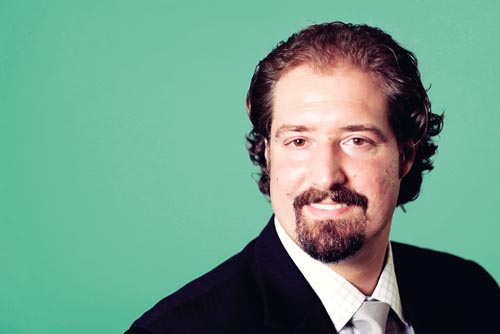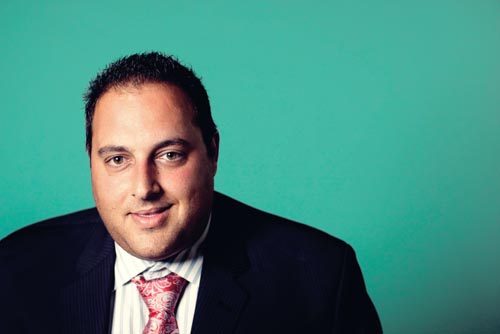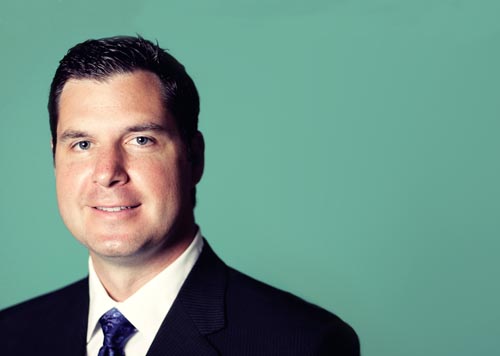We asked our readers to nominate regional business leaders in their 30s who were making a mark in Michigan and around the world. From the latest technological advances to financial services to bankruptcy reorganizations to health care initiatives, the executives on the following pages all share a passion for growth, teamwork, and ingenuity.
Whatever the challenge or endeavor, the honorees placed a premium on building and enhancing a workplace culture where employees could keep pace with the good times while withstanding the growing pains often brought on by unforeseen forces. In addition, we placed no restrictions on revenue. Rather, we sought to spotlight entrepreneurs, managers, and leaders who were operating or contributing to businesses small and large. Please join us in congratulating all of the honorees.
* Honorees in no particular order.









































